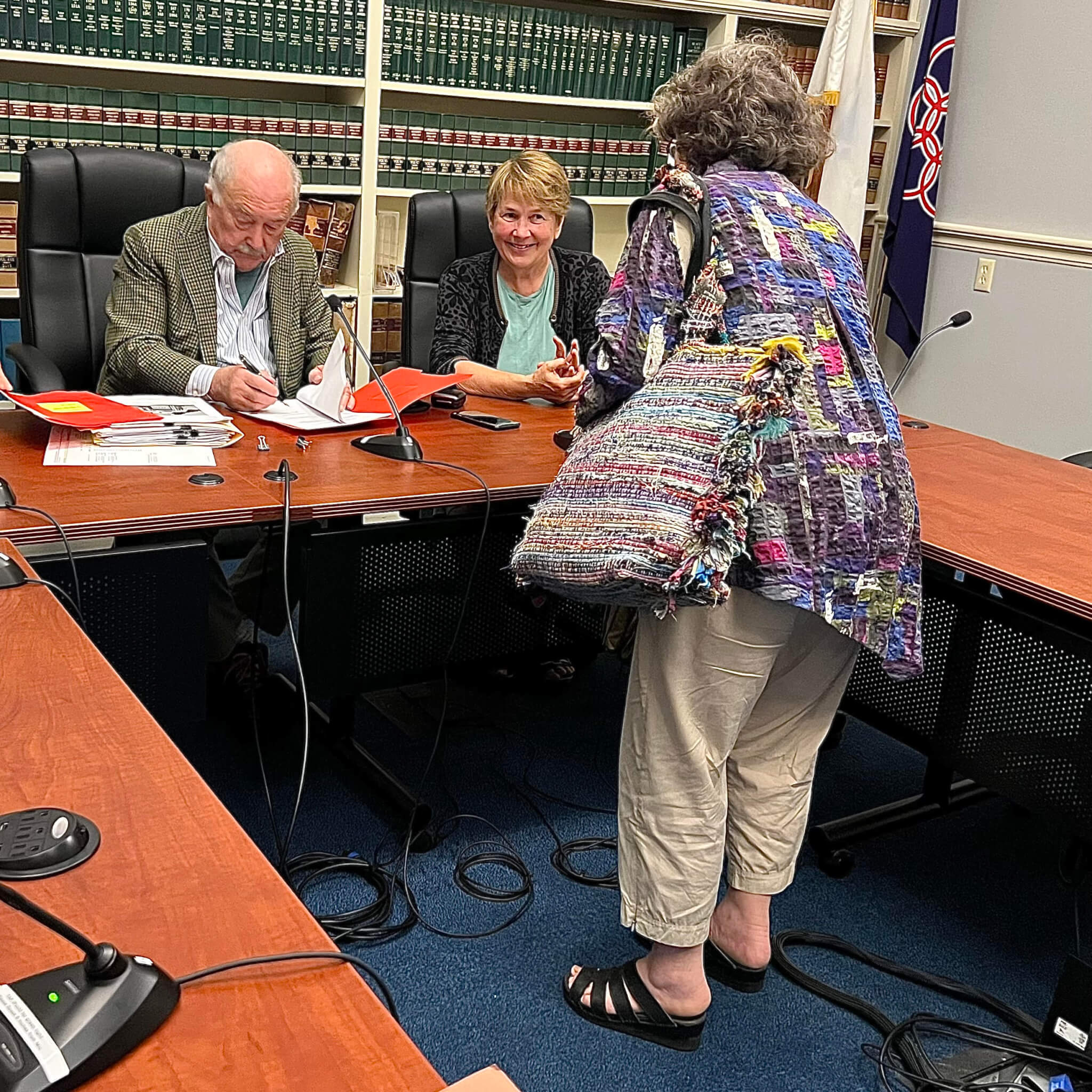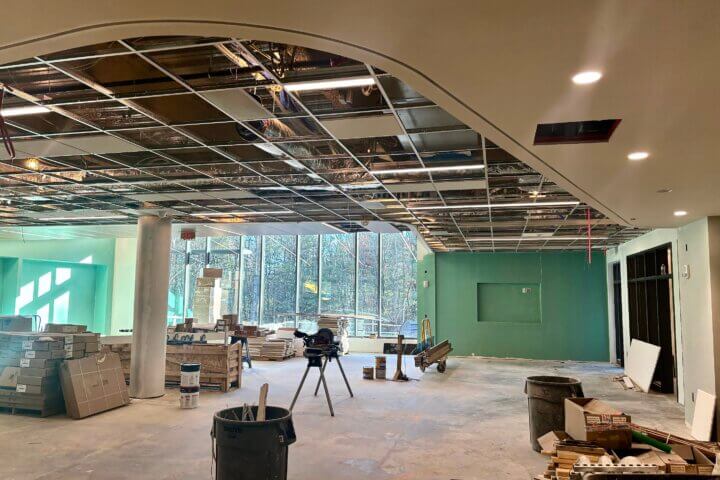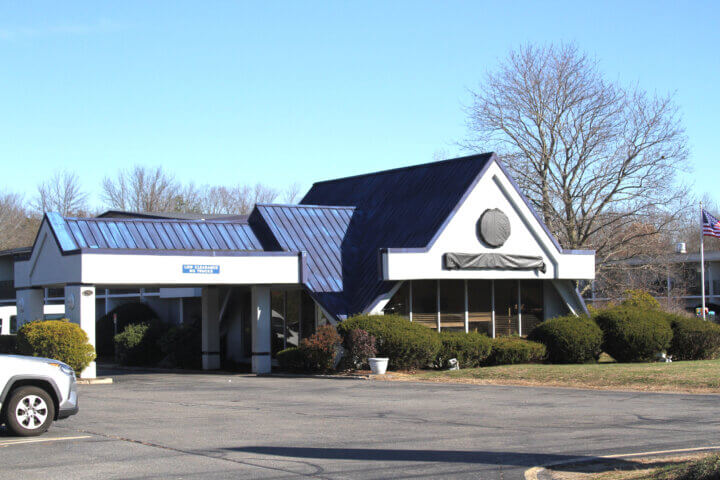By Celeste Katz Marston
The Select Board voted unanimously to authorize a 10 percent residential tax exemption that could mean lighter tax bills for many Concord homes in the coming fiscal year — and heavier ones for the priciest properties.
The town is making the move to offset the tax increase needed to support spending on a new middle school that will cost more than $100 million, as well as other capital projects.
Board Chair Henry Dane called the vote a “game changer” for the town, particularly longtime and older residents under financial strain.
With the exemption in place, even if the town tax rate rises, owner-occupied residences valued up to about $1.5 million would see their bill fall, according to sample projections. Homes with the lowest assessed values would get the biggest break.
The tax burden would shift: Homeowners with multimillion-dollar properties would see their tax bill grow by a few hundred to several thousand dollars for the most expensive properties, according to estimates provided by town tax experts.
“The 10 percent is taken off the bottom of every residential property which is occupied by the owner, so that takes a certain amount out of the total revenue from the town, which is then compensated for by raising the tax rate on the remaining value of all of those homes,” Dane explained at the Board meeting. “The net effect is [that] you get a significant tax reduction on the lower-value residential homes.”
Overall, Dane argued, “We have no other option in order to equalize our tax system and to protect the owners of lower-value homes.”
Concord’s new tax rate will be set in November. The current rate is $12.96.
With an estimated residential rate of $13.41 per $1,000 of assessed valuation, projections show an owner-occupied home valued at $440,000 would be taxed on a value of about $302,000 after the exemption and get a bill for about $4,000. That would be a decrease of nearly 22 percent from the current fiscal year.
A home valued at closer to $4.6 million, on the other end of the price spectrum, would be assessed for tax purposes at about $4.48 million after the exemption. The homeowners would get a bill for about $60,000 — a 10.5 percent increase over the current fiscal year.
The median value of a Concord home is currently just under $1.2 million, town officials said, and owner-occupied homes in that price range would stand to benefit from the exemption.
Very broadly, under the new system, said David Karr, chair of the Tax Fairness Committee, about a third of homeowners would see a “significant” tax benefit, a third would enjoy a “slight” benefit, and a third would pay more.
Cities and towns across Massachusetts, from Boston and Cambridge to Malden, Tisbury and Waltham have adopted residential exemptions for an array of reasons — not just offsetting residents’ tax burden from major projects such as building a school. Some towns want to promote more owner occupancy of homes. Others aim to lower taxes for year-round residents versus vacation-home owners.
Board Member Linda Escobedo cautioned that Concord apartment renters should be considered under a new system, because faced with higher property tax bills, landlords might pass those costs on to tenants.
“We have many lower-income people in our apartments,” she said. There were about 900 such tenants a year ago when the issue last came up, Escobedo added. “I’m concerned that there’s a significant portion of those individuals who are also going to be hurt… Nine hundred people is not something we should ignore.”
Dane countered that apartment rentals are determined by market rates, not expenses incurred by landlords — and some owners’ expenses are tax deductible.
Board Clerk Mary Hartman said that “whether this harms renters is an open question, and we don’t know.” However, she noted, communities such as Provincetown and Wellfleet are looking at Home Rule petitions that would also allow renters to qualify for an exemption.
Implementing Concord’s new tax system — including figuring out who’s eligible — will fall to various town authorities, including the town manager and the Board of Assessors.
The Board stressed the need for a major public communication and education campaign to make people aware of the exemption well before tax season: “Our goal, unlike some other communities that have the residential exemption, [is] to include as many eligible people as possible,” Dane said. Knowing how many people will ultimately claim the exemption also helps set the tax rate properly to cover the losses to town revenue.
“The risk here is that we do not guess correctly how many people who qualify for the exemption actually step up and ask for it,” warned Board Member Mark Howell.






